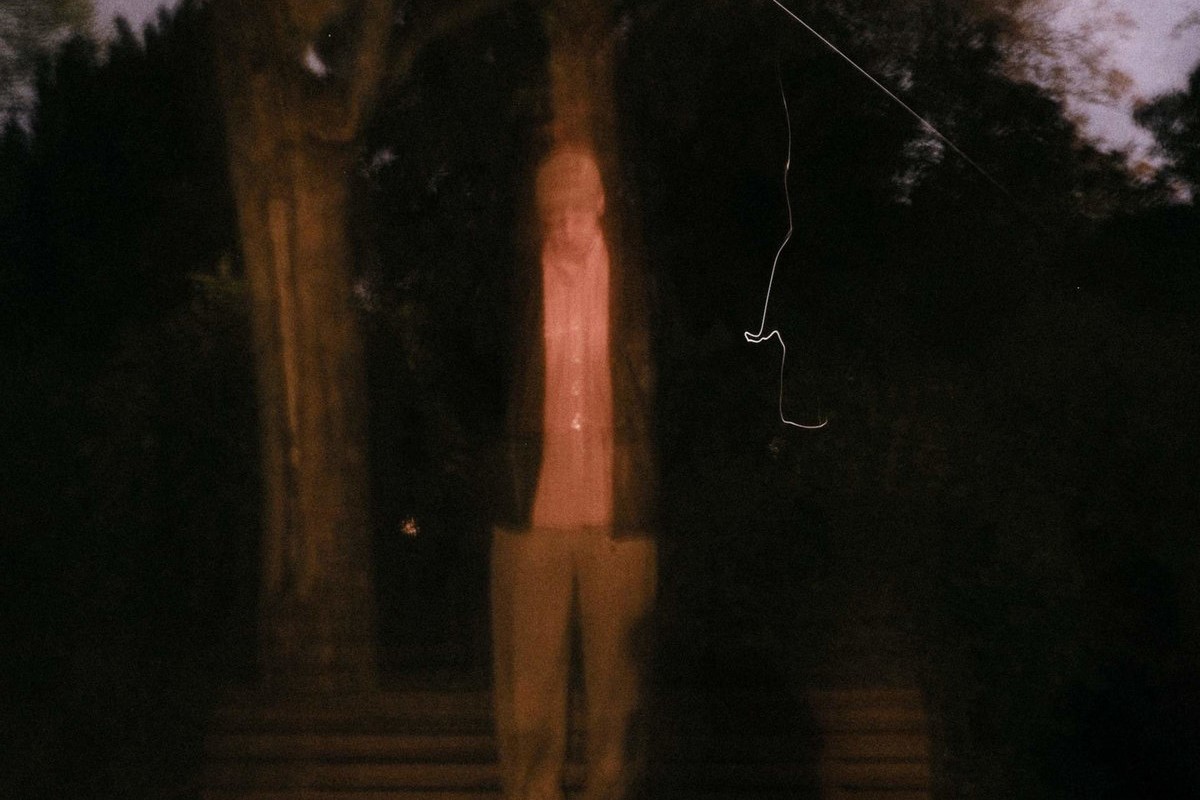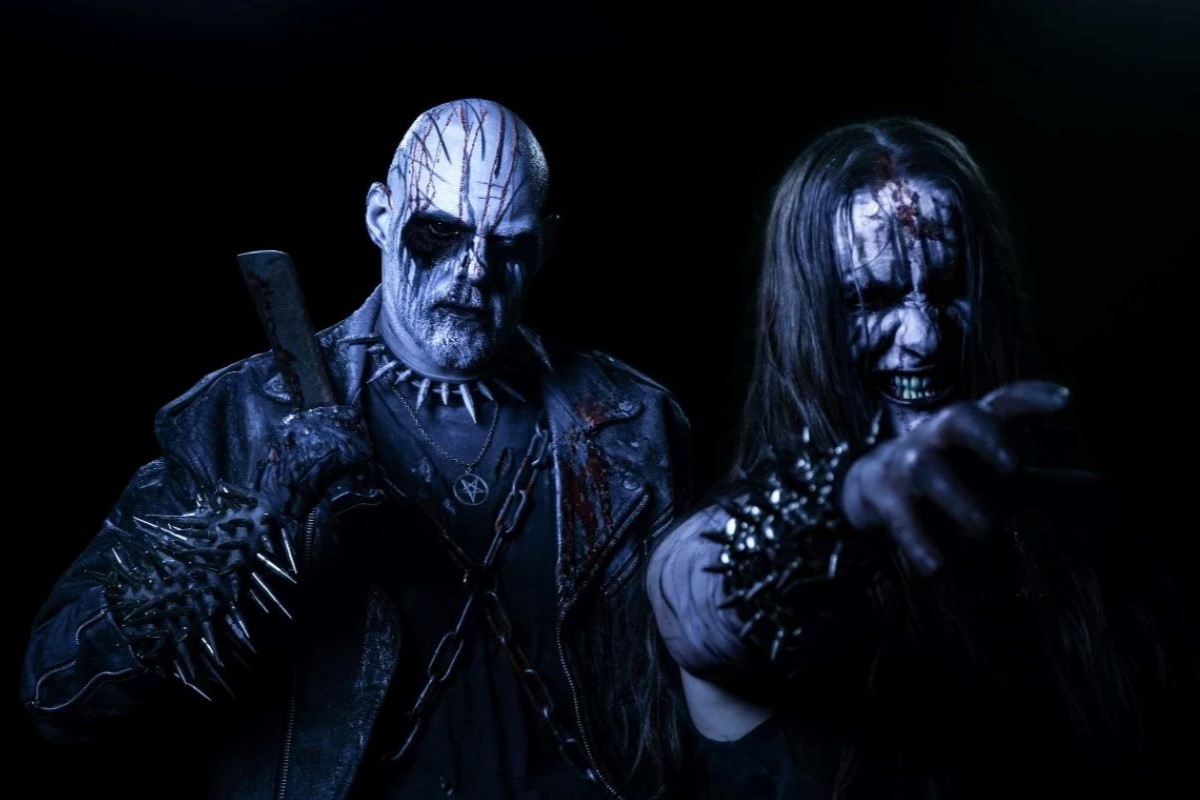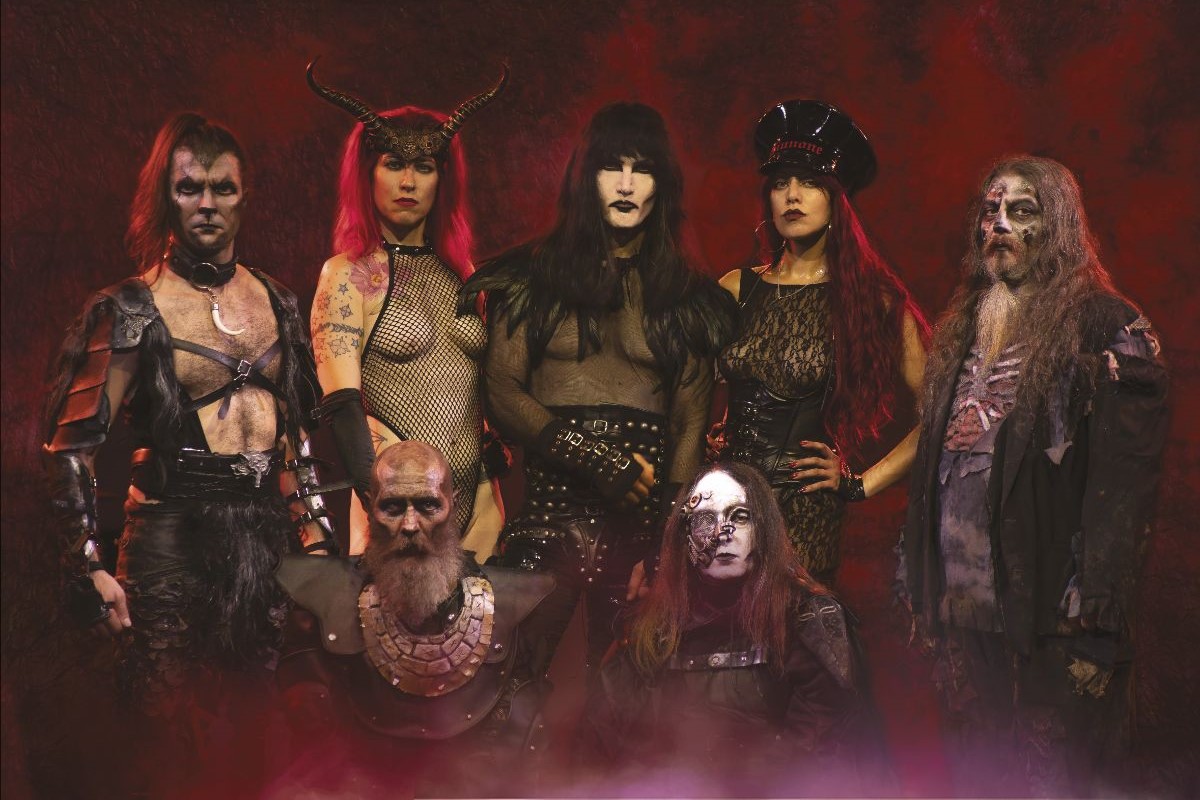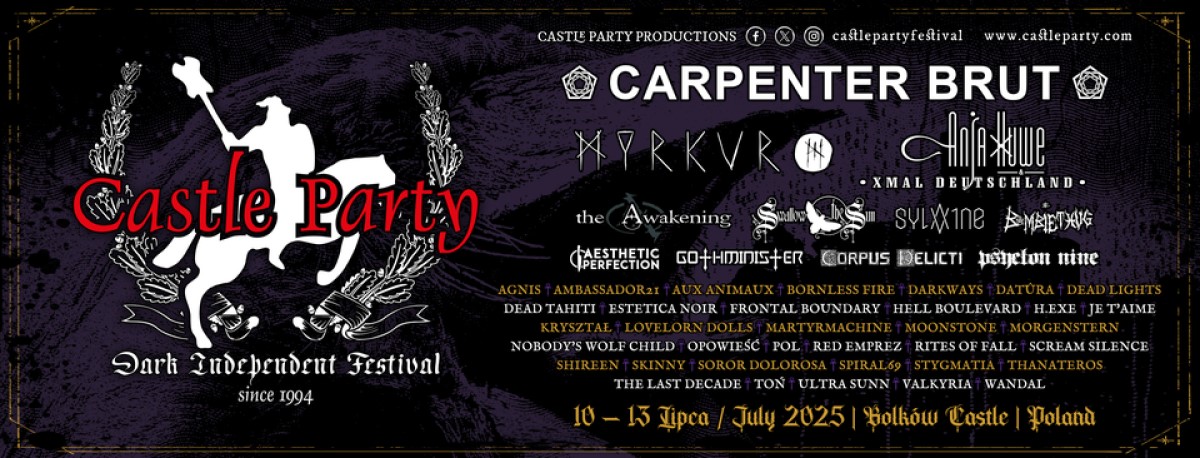Spell Trouble, the brainchild of Berlin-based musician Maximilian Seifert, has dropped the first single, "Thorn Armor", from a planned series of songs that will be released this year through Irascible Music.
Having grown up in the East German metal scene of the late 2000s, Maximilian Seifert moved to the metropolis of electronic music, Berlin, a few years later. Under the alias Spell Trouble, he now combines the best of both worlds: distorted guitar music and rhythmic beats from nostalgic drum computers. His first single, "Thorn Armor", shines like a black diamond in a disused TR-808 and is, strangely enough, both ultra dark and ultra-catchy.
Spell Trouble's dark and dreamy refuge is based on unpolished nostalgia and accessible indie. With synth sounds reminiscent of new wave bands from the 70s and 80s, lots of reverb and sometimes fast-paced beats, the Berliner-by-choice wraps his listeners around his finger. But that's not all: Spell Trouble also goes deep in content. In its lyrics, he likes to dedicate himself to self-reflection and introspection.
This is also the case in its first single, "Thorn Armor", where the protagonist flees into his safe space and suppresses his feelings. The walls built up as a result ("walls made of flesh, fortress solitude") get bigger and bigger and ultimately make it impossible for those around him to approach him - the protagonist hides deeper and deeper in his "Thorn Armor". How does one get out of this situation? By no longer running away ("what's wrong with running away") and learning to deal with his problems, what enables him to leave his "Thorn Armor" and engage with others again ("How can I love you when I can't love myself?").
The escape into alternative realities and fictional worlds can be described as a kind of leitmotif of Spell Trouble. How is it possible to face one's demons and engage with them without losing oneself in the process? The protagonist in the song "Thorn Armor" also has to perform this balancing act - by leaving his comfort zone, he manages to engage with new experiences and physical and emotional changes, ultimately facing the real world's problems. "Shy guy in my thorn armour, shy guy torn apart", it says, and the dichotomy becomes clear - the protagonist may be shy, but in the end, he knows damn well how to make his audience dance. Link
SPELL TROUBLE - Begins With "Thorn Armor"
- Details
- Written by: Jerneja

Related articles
-
SARKOM - Unleashes Album Titled Track
 Norwegian black metallers Sarkom are pleased to unleash the album title track, "Exceed In2 Chaos". Sarkom's fifth full-length, Exceed In2 Chaos, is slated for release on 21 February via Dusktone.
Norwegian black metallers Sarkom are pleased to unleash the album title track, "Exceed In2 Chaos". Sarkom's fifth full-length, Exceed In2 Chaos, is slated for release on 21 February via Dusktone. -
DEATH SS - Offers "Love Until Death"
 Death SS has offered another single and video, "Love Until Death", from its upcoming album, The Entity, due in May via Lucifer Rising. This powerful and dramatic dark ballad is...
Death SS has offered another single and video, "Love Until Death", from its upcoming album, The Entity, due in May via Lucifer Rising. This powerful and dramatic dark ballad is... -
NACHTBLUT - Serves Second Todschick's Single And Video
 German dark metal masters Nachtblut have served the second single and video, "Stirb Langsam" ("Die Slowly"), from their impending full-length, Todschick, scheduled for release on...
German dark metal masters Nachtblut have served the second single and video, "Stirb Langsam" ("Die Slowly"), from their impending full-length, Todschick, scheduled for release on... -
JUODVARNIS - Unleashes Explosive New Single And Video
 Lithuanian Juodvarnis has unleashed the second single, "Juodos Akys (Black Eyes)", from its upcoming album. This intense and blistering track marks a sharp contrast to the band's...
Lithuanian Juodvarnis has unleashed the second single, "Juodos Akys (Black Eyes)", from its upcoming album. This intense and blistering track marks a sharp contrast to the band's...
-
ILLUMISHADE
 "I think we longed for a band where we could be there from scratch and form everything the way we want." - Fabienne Erni
"I think we longed for a band where we could be there from scratch and form everything the way we want." - Fabienne Erni -
THE 69 EYES
 "You know, the music and songs just come, and we don't distance ourselves from the music that comes out." - Jyrki 69
"You know, the music and songs just come, and we don't distance ourselves from the music that comes out." - Jyrki 69 -
IN THE WOODS...
 "For my sake, I could just stop playing the old stuff, but on the other hand, I know that our fans want it." - Anders Kobro
"For my sake, I could just stop playing the old stuff, but on the other hand, I know that our fans want it." - Anders Kobro -
DERO GOI
 "The speech that they hate is my speech, but my speech is not a hate speech. What can you do? You can just mirror/reflect them - hopefully, they will see how grotesque..." - Dero Goi
"The speech that they hate is my speech, but my speech is not a hate speech. What can you do? You can just mirror/reflect them - hopefully, they will see how grotesque..." - Dero Goi
Copyright © All Rights Reserved. Powered by Terra Relicta




